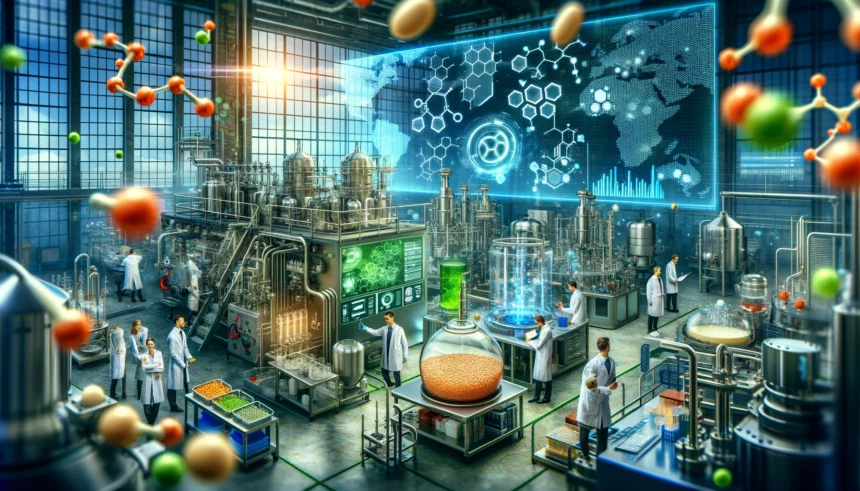Industrial biotechnologies are revolutionizing the way we produce food and manage environmental challenges. By harnessing the power of biological tools such as enzymes and microorganisms, this sector is making significant strides towards sustainability.
Enzymes, which are proteins that accelerate chemical reactions, play a crucial role in the food industry. They help in processes like brewing and baking, making them faster and more efficient. Scientists are continually working to improve these enzymes through engineering techniques, ensuring they are better suited for industrial needs.
Moreover, it’s not just about enzymes. The use of microorganisms through fermentation processes is central to producing important molecules used in food production. Fermentation helps transform raw materials into valuable products like vitamins, flavors, and preservatives.
The field also explores using waste materials as raw inputs, aiming to reduce waste and increase sustainability. For example, leftover agricultural products and other organic waste can be converted into useful substances, minimizing environmental impact.
Additionally, advancements in synthetic biology and the use of microalgae are promising developments. These technologies are expected to decrease the environmental footprint of industrial processes significantly, aligning with global efforts to combat climate change and reduce reliance on fossil fuels.
In essence, industrial biotechnologies are at the forefront of merging the food industry with eco-friendly practices, offering a hopeful outlook for a sustainable future.
















